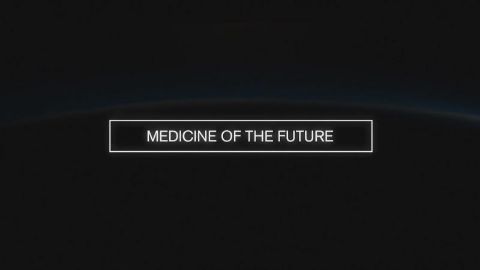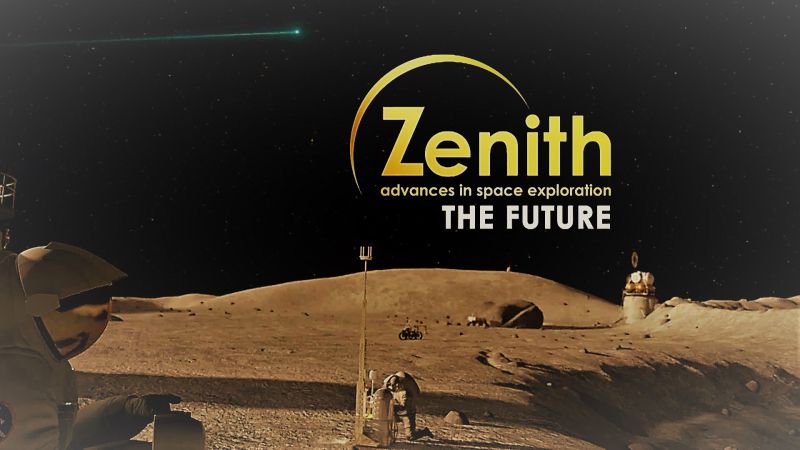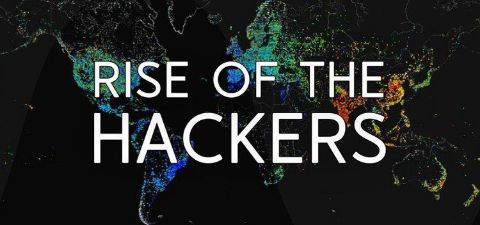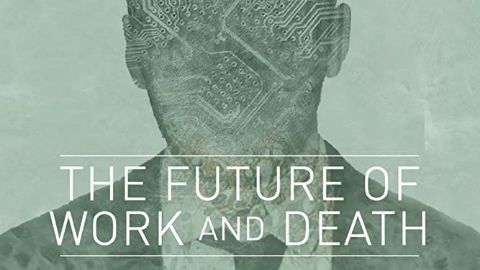Mechanical Monsters • 2018
Simon Schaffer tells the stories behind some of the most extraordinary engineering wonders of the 19th century. These were gigantic feats of technology which transformed everyday life but also had the capacity to challenge the Victorians' faith in God, their place in the universe and their hopes for the future. Through stunning images of these beautiful creations, this film investigates the origins of our love-hate relationship with technology.
Make a donation
Buy a brother a hot coffee? Or a cold beer?
Hope you're finding these documentaries fascinating and eye-opening. It's just me, working hard behind the scenes to bring you this enriching content.
Running and maintaining a website like this takes time and resources. That's why I'm reaching out to you. If you appreciate what I do and would like to support my efforts, would you consider "buying me a coffee"?
Donation addresses
BTC: bc1q8ldskxh4x9qnddhcrgcun8rtvddeldm2a07r2v
ETH: 0x5CCAAA1afc5c5D814129d99277dDb5A979672116
With your donation through , you can show your appreciation and help me keep this project going. Every contribution, no matter how small, makes a significant impact. It goes directly towards covering server costs.





